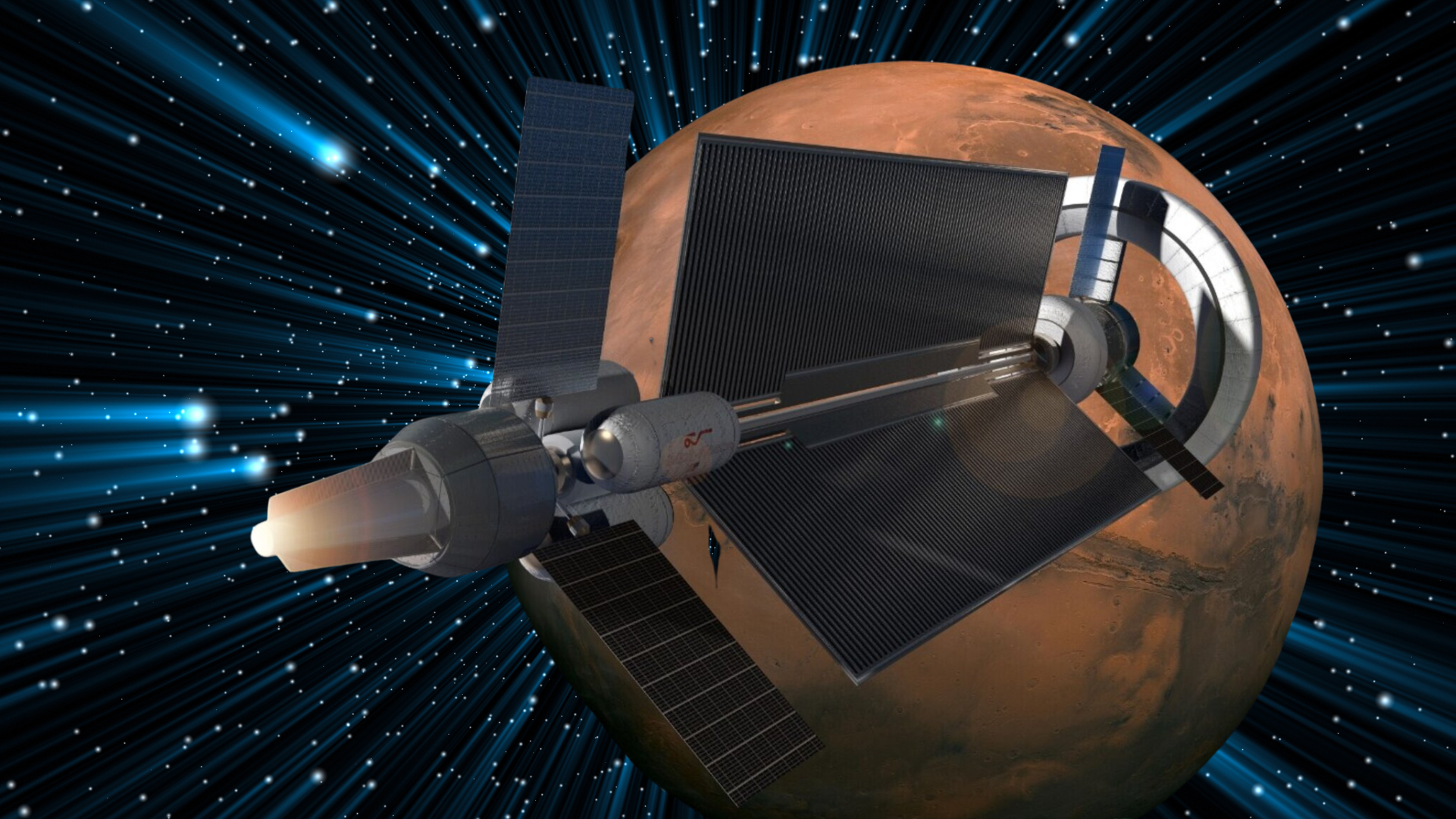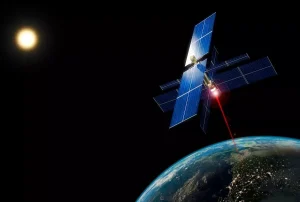US and UK Join Forces to Apply Nuclear Fusion Propulsion to Future Mars Travel
15th Jun 2023
British nuclear fusion company Pulsar Fusion has partnered with Princeton Satellite Systems to pioneer a revolutionary approach to space travel. Their collaboration will focus on designing a hyper-fast space rocket utilizing AI technology, with the goal of reaching Saturn’s moons within a remarkable two-year timeframe.
Technological Breakthrough
Pulsar Fusion, based in Oxfordshire, expressed the significance of this partnership, highlighting the access they gain to behavioural data from the world record-holding fusion reactor (PRFC-2) and recent advancements in machine learning. By leveraging this expertise, the development of their nuclear fusion rocket systems will be significantly accelerated.
The potential of fusion propulsion in space cannot be understated. It offers 1000 times the power of conventional ion thrusters currently used in orbit, meeting the growing demand for faster propulsion in the expanding space economy.
One of the key advantages of fusion propulsion in space is the elimination of extensive infrastructure requirements present in terrestrial fusion energy generation. The vacuum environment and extremely cold temperatures of space provide an ideal setting for fusion propulsion. Moreover, fusion propulsion obviates the need for massive steam turbines or on-site fuel creation, as external sourcing becomes viable.
This collaboration also leverages AI machine learning techniques to analyze data from the PRFC-2 reactor. By studying the behavior of plasma under electromagnetic heating and confinement, Pulsar Fusion and Princeton Satellite Systems aim to gain comprehensive insights into aneutronic propulsion systems.
The US and UK partnership represents a significant advancement in space travel technology, with the potential to transform human space exploration and open up new possibilities for interplanetary missions.






Thank you for your comment! It will be visible on the site after moderation.